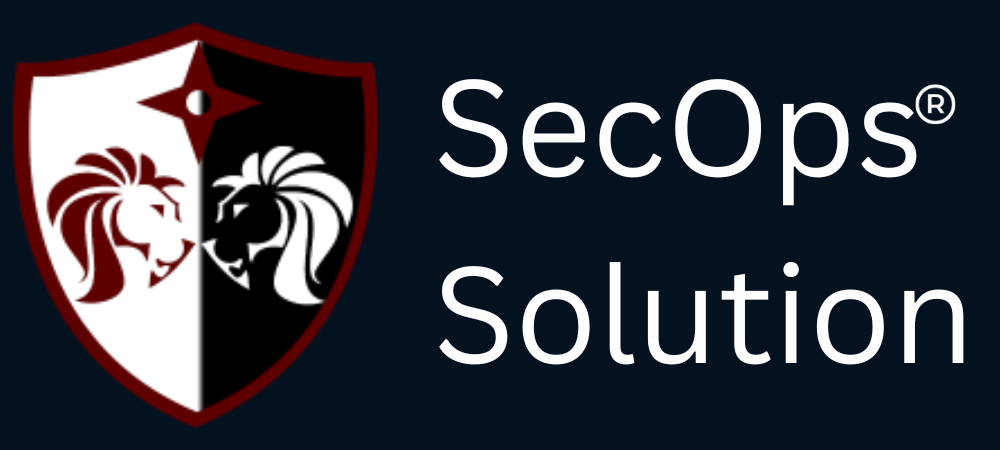
Agentless security for your infrastructure and applications - to build faster, more securely and in a fraction of the operational cost of other solutions

hello@secopsolution.com
.png)
In today's interconnected digital landscape, Application Programming Interfaces (APIs) play a vital role in enabling seamless communication and integration between different systems and applications. As APIs become increasingly prevalent, it is essential to prioritize API security to protect sensitive data, prevent unauthorized access, and mitigate potential vulnerabilities. In this blog, we will delve into the world of API security, exploring its significance, key challenges, and best practices to ensure robust protection for your APIs and the underlying systems.
API security involves implementing measures to safeguard APIs from unauthorized access, data breaches, and malicious attacks. It encompasses a range of practices, protocols, and technologies aimed at ensuring the confidentiality, integrity, and availability of APIs and the data they transmit.
API security is crucial for several reasons:
1. Authentication and Authorization:
Implementing robust authentication mechanisms and ensuring proper authorization controls can be challenging, especially when dealing with multiple APIs and user roles.
2. Data Validation and Input Sanitization:
Failure to validate and sanitize input data can lead to vulnerabilities such as SQL injection or cross-site scripting (XSS) attacks.
3. Secure Transmission:
APIs must transmit data securely using encryption protocols like HTTPS to protect sensitive information from eavesdropping or tampering.
4. Rate Limiting and Throttling:
Implementing rate limiting and throttling mechanisms helps prevent abuse and denial-of-service (DoS) attacks.
API security is a critical aspect of modern-day application development and integration. By implementing robust security measures, organizations can protect sensitive data, maintain business reputation, and comply with regulatory requirements. Stay vigilant, follow best practices, and conduct regular security assessments to ensure the resilience and integrity of your APIs in an evolving threat landscape.
SecOps Solution is an award-winning agent-less Full-stack Vulnerability and Patch Management Platform that helps organizations identify, prioritize and remediate security vulnerabilities and misconfigurations in seconds.
To schedule a demo, just pick a slot that is most convenient for you.